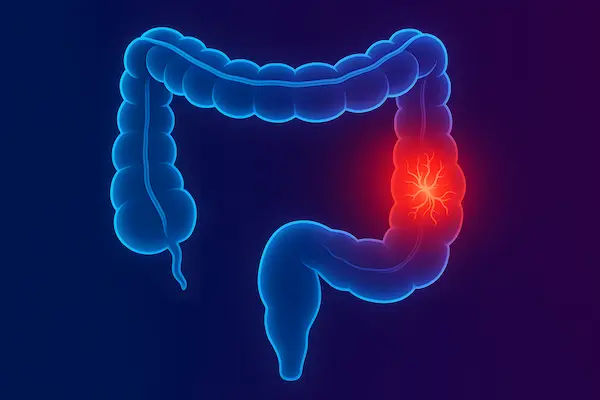- Male
- 23 Years
- 29/01/2025
I'm having some issues with my stomach that have been bothering me for about a year now. Lately, I've noticed that I'm having trouble when it comes to going to the washroom. It's been happening every morning and then again in the afternoon. It's really inconvenient and causing me a lot of discomfort. Could there be an underlying issue here, and what can I do to address this?
Answered by 1 Apollo Doctors
It sounds like you're dealing with persistent digestive issues, and it's understandably causing you a lot of discomfort, especially with the frequent trips to the washroom. It might be helpful to consult a doctor to get a clearer diagnosis and explore treatment options to ease your symptoms.
Dr. Ranjith Suggests...
Consult a Gastroenterology/gi Medicine Specialist
Answered 04/07/2025
0
0

More Gastroenterology/GI medicine Health Queries
View allI just found out I have a gall bladder stone and I'm really worried is there any way to treat this without going through surgery? I'd prefer to avoid an operation if possible
kindly share report
Answered by 1 Apollo Doctors
I've been dealing with constant bloating, belching, and indigestion for a while now. I heard about gastric pacemaker surgery as a possible solution do you know which hospitals in India offer this procedure? I'm really struggling with these symptoms and wondering if this could help me
Yes, Sx is better option but still for final please consult surgeon for full P/E.
Answered by 1 Apollo Doctors
What is a natural laxative?
High fiber foods such as Pears, strawberries, apple, oat meal, brown rice, banana, broccoli, green leafy vegetables (kale, spinach), avocado, carrots, tomato, beans and sweet potato.and plenty of fluids.
Answered by 1 Apollo Doctors
Disclaimer: Answers on Apollo 247 are not intended to replace your doctor advice. Always seek help of a professional doctor in case of an medical emergency or ailment.




